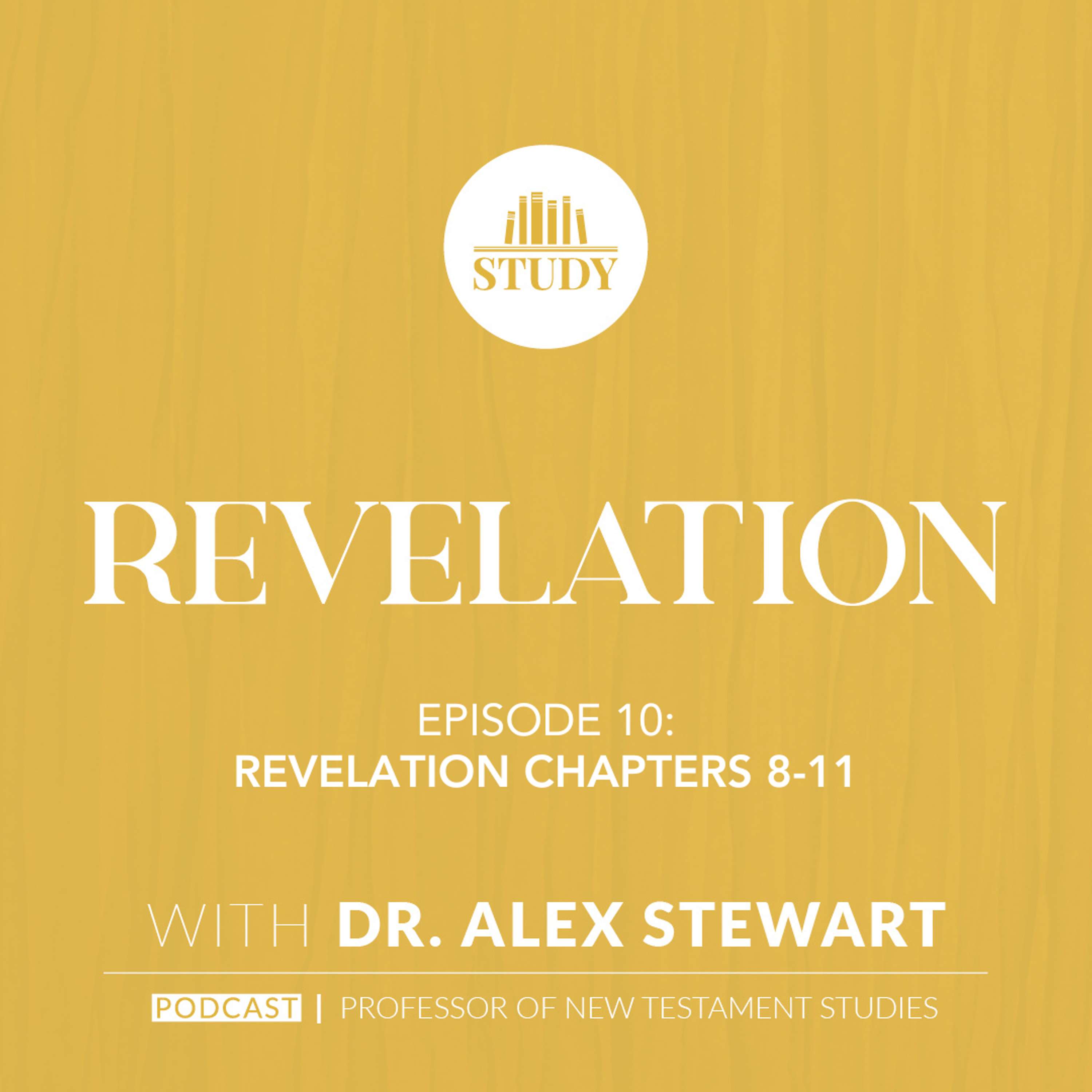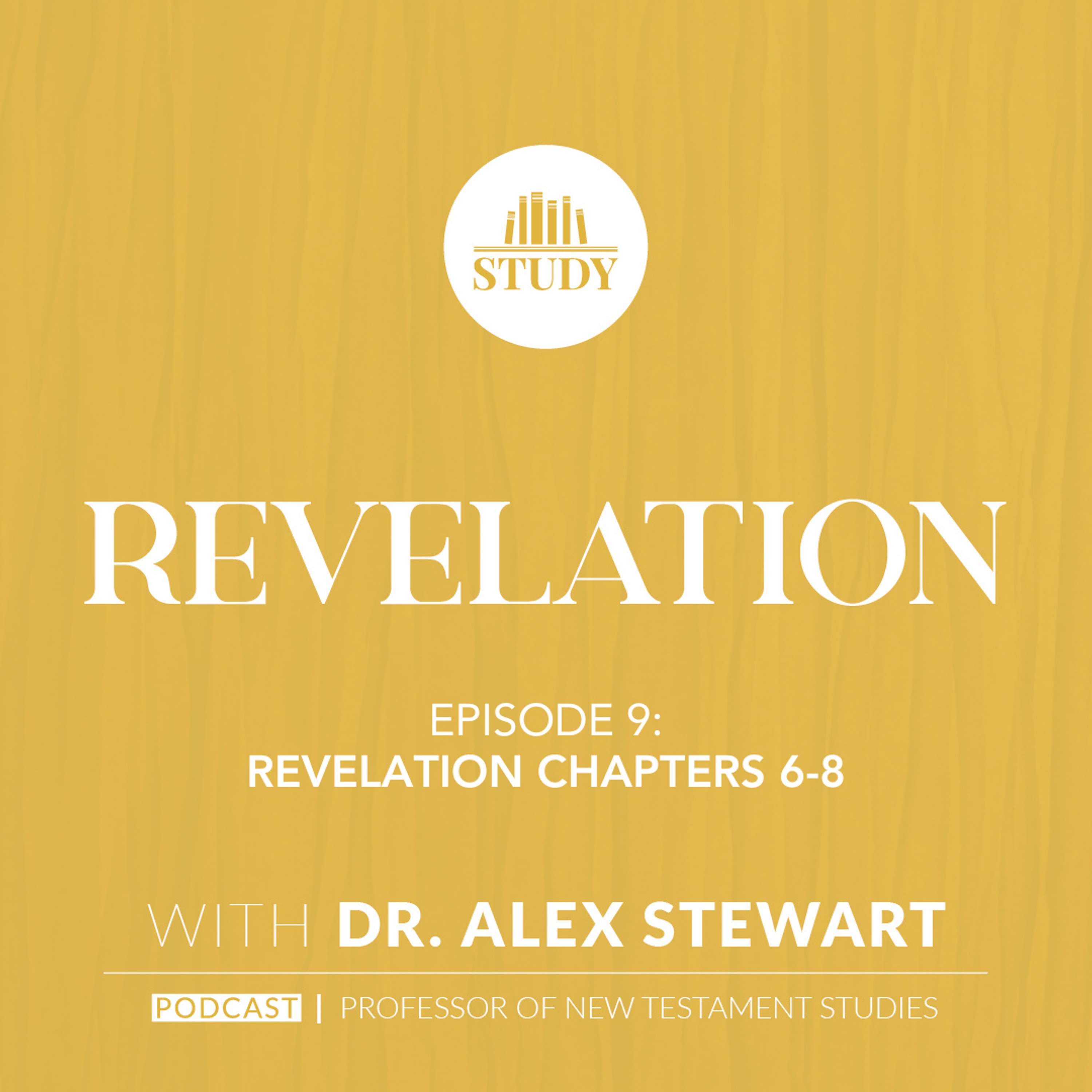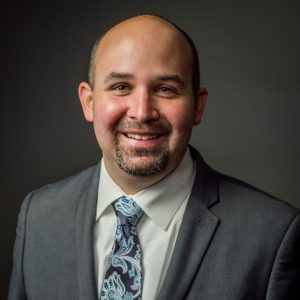Baylor University recently chartered Prism, its first LGBTQ+ campus organization. As reported in a university publication, Matt Burchett, assistant dean of philanthropic engagement and senior director of student activities, indicated Prism fulfills part of Baylor’s mission to create a “caring community grounded on its Christian commitment, leading toward the acceptance of the LGBTQ+ community on campus.” Burchett also added, “chartering Prism is very much an alignment with creating a caring Christian community for all our students.”
These statements reveal the underlying convictions which motivated this decision. Well-meaning, Christian academic administrators believe they are fulfilling their biblical mandate to create a caring community on their campus by affirming LGBTQ+ students. They also believe Christian love is demonstrated by affirming whatever personhood and behavioral claims an individual makes, without regard to external standards or strictures.
For many years, Christian schools have enrolled unbelievers, and in some cases believers, who do not necessarily share their convictions, values, or standards. Schools do this to extend Christian ministry to students, with the hope those students will be influenced to become Christians or, at the least, have positive relationships with Christians in the future. This approach accommodates a wide-range of students and meets their needs in a Christian context.
The challenge for academic administrators is defining accommodation. Historically, for most Christian schools, accommodation means patient toleration. School leaders facilitate a welcoming environment, while at the same time maintaining the convictions for which the school was founded. Baylor administrators have redefined accommodation, shifting from patient toleration to intentional validation. It is no longer enough to welcome students with different sexual lifestyles to campus. Now those lifestyles will be affirmed in the name of creating a caring community.
All Christian schools, including Gateway Seminary, deal with students involved in sexual behavior and activity outside our student deportment policies (which, for us, are grounded in a historic understanding of biblical sexual ethics). At Gateway, our response to students in these situations is redemptive – with consequences commiserate with their actions. We confront, not affirm, behavior outside biblical standards with the goal of helping every student live up to those standards. We believe love demands we tell students the truth about their behavior, and its consequences, and help them learn to live in healthier ways. We believe caring community is practiced within the context of those biblical standards, not by disregarding them.
Many Christian schools will be pressured to follow the Baylor model in the future. Pray for Christian school leaders to stand firm on policies and practices that promote a healthy caring community.
Read More

Owning Up to the Failures of our Theological Heroes
What can be done when you discover the sins of historical figures who have shaped your theology?

Author’s Perspective: Andrew Fuller and the Search for a Faith Worthy of All Acceptation
Dr. David Rathel discusses his upcoming publication on Andrew Fuller.
Listen
Revelation Chapters 8-11
This episode covers the seven trumpets in Revelation chapters 8-11, emphasizing their role in the series of seven judgments. Dr. Stewart focuses on spiritual oppression and demonic activity, contrasting with the human-centric judgments of the seven seals.

Revelation Chapters 6-8
Dr. Stewart and Tyler discuss the symbolism of the seven seals in Revelation. The seals can range from Christ’s authority, to the Four Horsemen of the Apocalypse, to cosmic upheaval, to God’s final judgment, and more. Their conversation emphasizes the importance of pe

Watch

Jonathan Edwards and the Asbury Revival
Chris Chun and Chris Woznicki discuss the signs of true revival, signs of the work of the Holy Spirit, and why it is important to critically assess the characteristics of revival in a spirit of charity.

Jonathan Edwards and the Baptists | Douglas Sweeney, Nathan Finn and Chris Chun
Dr. Douglas Sweeney and Dr. Nathan Finn joined Dr. Chris Chun for a panel discussion on Jonathan Edwards, recorded live at the SBC Annual Meeting in Anaheim.




